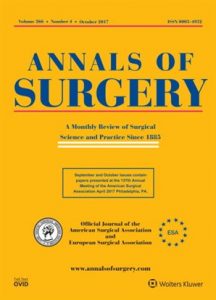 A journal has removed an expression of concern for a 2011 paper after Karolinska Institutet (KI) “concluded no wrongdoing had occurred.”
A journal has removed an expression of concern for a 2011 paper after Karolinska Institutet (KI) “concluded no wrongdoing had occurred.”
In June, Journal of Cell Science (JCS) issued the expression of concern, after a reader contacted the editors with questions about the data in one of the figures. JCS investigated but could not resolve the issue, and in March 2017 turned the case over to KI where the authors are based.
The 2011 paper had already received a correction in 2016, citing inadvertent figure duplication.
In late August, KI concluded its investigation into the 2011 paper by last author Boris Zhivotovsky; JCS has now updated the expression of concern with a publisher’s note: Continue reading “No wrongdoing had occurred,” says Karolinska, following investigation of cancer research
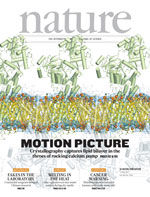

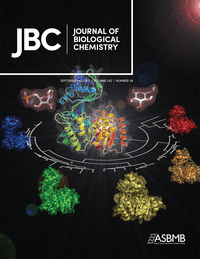 The
The 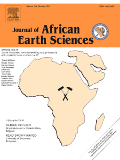 In February 2016,
In February 2016,

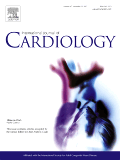 A cardiology journal has retracted a 2016 meta-analysis after the editors had an, ahem, change of heart about the rigor of the study.
A cardiology journal has retracted a 2016 meta-analysis after the editors had an, ahem, change of heart about the rigor of the study. When economist Jason Hockenberry looked at data comparing some of the financial issues facing different U.S. hospitals, he was surprised by what he saw.
When economist Jason Hockenberry looked at data comparing some of the financial issues facing different U.S. hospitals, he was surprised by what he saw.